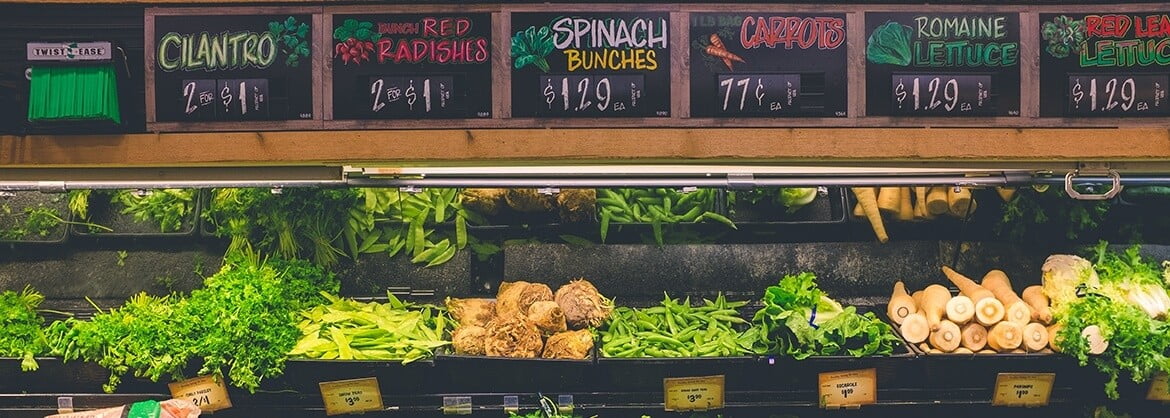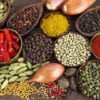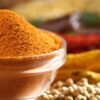No products in the cart.

We all know that food plays an important role in the day-to-day lifestyle. Our routine food habits can make or break our health. Your detailed roadmap to a healthy lifestyle will always begin with a healthy diet. If we want to write down schedules and must-have things then in that, diet plays an important role. Healthy eating is the best direction to gain control over our healthy body weight.
The nutrition intake will assist us in improving our overall working of the mind and body. We are aware of the famous quote ‘A sound mind in a sound body’.
There is no age limit for living a healthy lifestyle by eating healthy food consciously. We are gifted with this body as human beings which we need to care the utmost possible way. Yes, some would complain about external factors that would affect food habits. But, nothing is impossible if we have a strong conviction to always eat food that gives us most of the nutrition and energy.
A lot of people argue that we eat food for ‘taste only’ and not to fill the tummy. That food that tastes well and is prepared in the most unhealthy way can spoil your digestive system. Even if you try to reset it, there could be a delay in your digestive system getting into action just because you ate that tasty junk food outside.
We have tried to list some of the healthy habits in food that can help you have a healthy lifestyle.
- Eat a variety of vegetables, especially dark green, red, and orange vegetables (3 or more servings a day).
- Eat a variety of fruits (2 or more servings a day).
- Eat whole-grain, high-fiber bread including cereals (3 to 6 servings a day). Reduce or eliminate refined or processed carbohydrates; most of the grains in your diet should be whole grains.
- Drink fat-free or low-fat milk and eat low-fat dairy products.
- Choose from a variety of low-fat sources of protein — including eggs, beans, poultry without skin, seafood, lean meats, unsalted nuts, seeds, and soy products. If you eat meat, eat white meat at least four times more often than red meat.
- Reduce intake of saturated fats and trans-fats (such as partially hydrogenated oil) as much as possible.
Use vegetable oils (like olive or canola oil) instead of solid fats. - Reduce the daily intake of salt or sodium. Reduce to less than 1,500 mg. per day if you are older than 50, or have hypertension, diabetes, or chronic kidney disease.
- Restrict or eliminate “junk food” — foods that contain refined white flour, solid fats or trans fats, added sugars, and are high in sodium.
- Restrict or eliminate sodas and other sugar-added drinks that are high in calories and contain few or no nutrients.
If you drink alcoholic beverages, do so in moderation. Drink only when it doesn’t put you or anyone else at risk.
 Docs
Docs
 Support
Support














 Home
Home  Whishlist
Whishlist  Checkout
Checkout